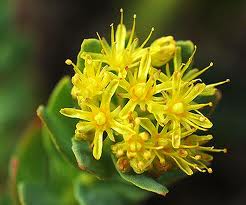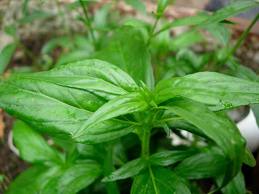Do you worry that being under constant stress may be affecting your long-term health?
Do you ever feel excessively tired and fatigued, get an upset stomach, feel unusually irritable, have trouble getting to sleep or wake during the night, or ever feel depressed and anxious?
Well you probably have because these are all considered symptoms of excessive chronic stress. In fact, depression and a decrease in work performance are considered hallmark symptoms of a mal-adaption to stress.
Stress can be good and bad, it is all around us. A stressful event initiates a hormone cascade, leading to increased levels of adrenaline and cortisol which facilitates alertness and readiness for action. It is when these hormones (due to continual stress) do not return to normal that a myriad of health problems can result.
Stressful events can be happy events – getting married, having children, achieving outstanding success in something, as well as difficult events like divorce, disagreement, health problems and work pressures.
The aim is to adapt well to any form of stress – not to avoid stress. We cannot stop living, but we can support the body, both physically and mentally to adapt to the stressor that will be inevitably face in our day to day life.
The trick really is to get the tools to improve your individual long –term resilience to stress which you can do with nutrition, yoga, meditation, kinesiology, relaxation techniques but also through – Herbal Medicine.
What herbal medicine aims to do is enhance the body’s capacity to recover and tolerate stress and to enable the body to recover from primary and secondary health developments.
Ultimately the success of any stress management program will depend on all of these resources and accessing what you respond to best.
So what does stress do in the body?
During stress a cascade of physiological reactions take place within the body. Stress causes inflammation in the body and this pushes the body towards a disease state. This may be cardiovascular disease, osteoporosis, depression, diabetes, or cancer.
That’s the bad new, but the good news is that there is lots of scientific evidence to support herbal medicine in stress support. There is a class of herbal medicine we use in Western herbal medicine called adaptogens.
Adaptogens are perhaps the most remarkable concept in Naturopathic medicine. Adaptogen is the name western herbal medicine has given to tonic herbs used in chines and ayurvedic tradition. It has a normalising influence on the physiology, irrespective of the directions of change from physiological norms caused by the stressor.
Here is a summary of 2 adaptogen herbs that have great results.
Rhodiola rosea has been found to be able to improve mental, physical and emotional fatigue and exhaustion and salivary cortisol levels.1
Studies have also shown:
- Increased physical and mental efficiency 2
- Relieved symptoms of asthenia due to psychiatric and physical causes, including fatigue, decline in work capacity, sleeplessness, poor appetite, irritability and headache.2
- Improved the amount and quality of intellectual work and prevented loss of work capacity due to fatigue in healthy student doctors, scientist with a history of poor endurance and tiredness at work.2
- Increased physical work capacity, coordination, general wellbeing and decreased mental fatigue and situational anxiety in a study involving 60 foreign students in a Russian high school.2
Andrographis paniculata is an Ayurvedic herb that has been traditionally used to support the immune system. In clinical trials andrographis has been found to decrease the duration and severity of the symptoms such as sore throat and nasal congestion associated with mild upper respiratory tract infections. Results are believed to be best when treatment is started within the first 36-48 hours of symptoms.
Based on animal and laboratory studies, andrographis may have a number of other potential therapeutic uses, including as an anti-inflammatory agent and as a treatment for chemically induced liver damage. 1
References:
- Hechtman L. Clinical Naturopathic Medicine. Elsevier Australia 2012. Australia.
- Mediherb. Morgan M. A Phytotherapist’s perspective. Rhodiola rosea.
No 46 Feb 2005.




